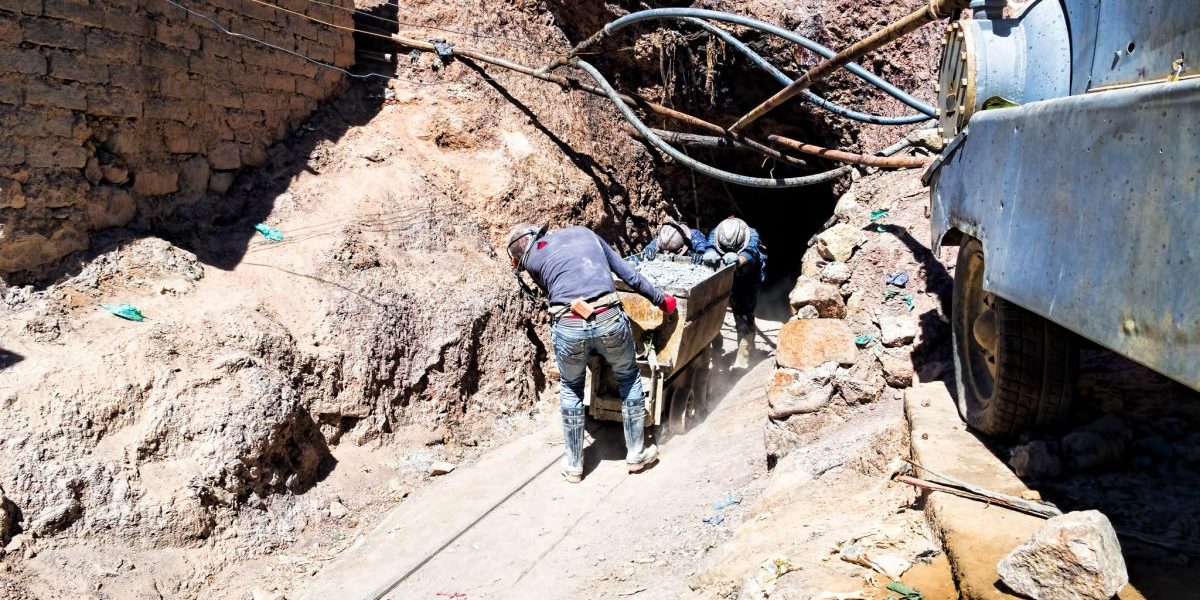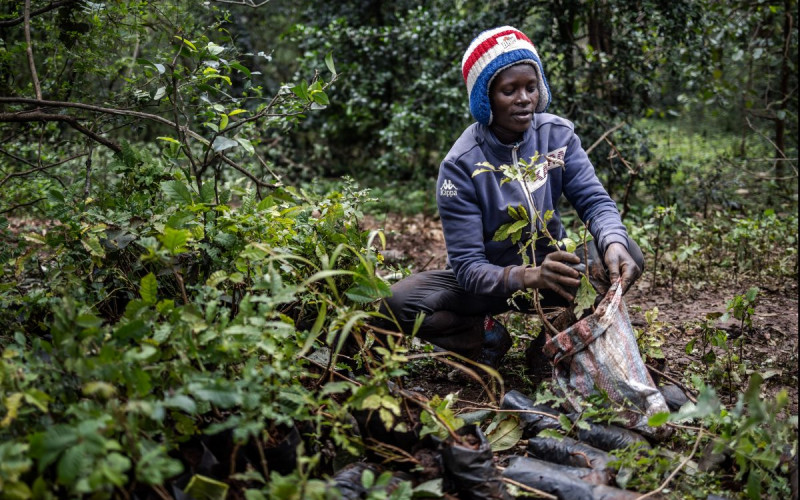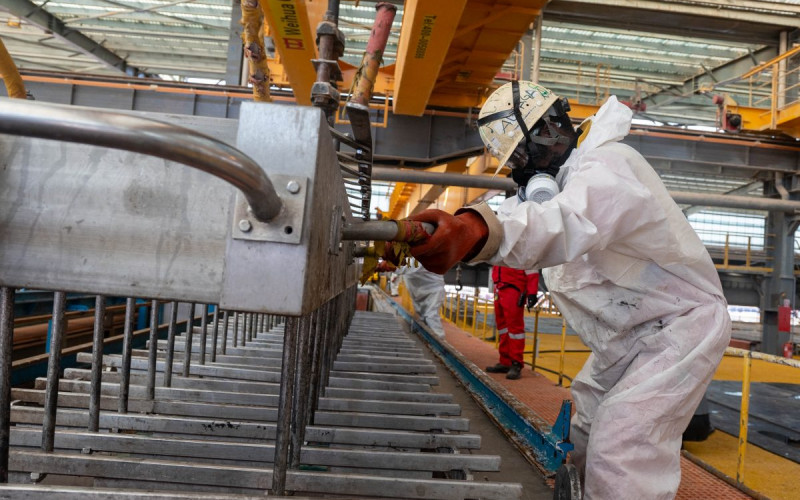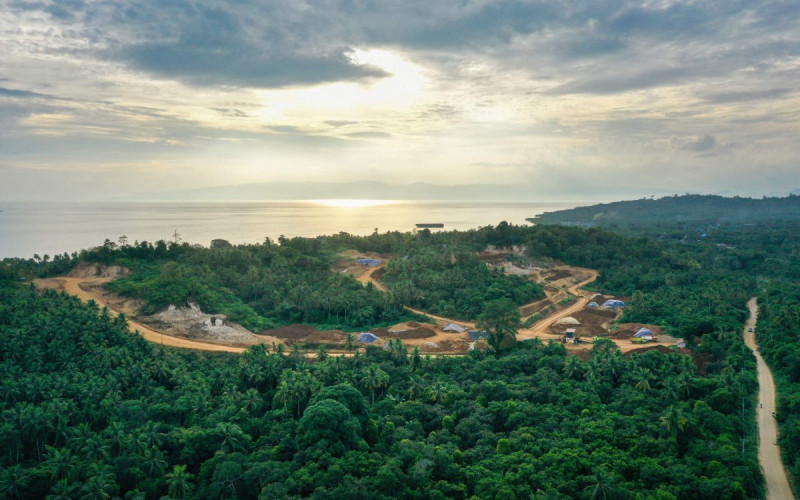The draft bill no longer includes section 9 (1)(b) of the Mineral and Petroleum Resources Development Act of 2002 (MPRDA), which specifies that mining rights are to be allocated according to the first-in, first-assessed (FIFA) principle. This paper aims to inform the current debate, focusing in particular on competitive resource allocation systems (also referred to as mineral rights auction or tender systems), which certain stakeholders have proposed as an alternative to the existing FIFA system. The focus on competitive resource allocation systems is also informed by Minister of Mineral Resources Susan Shabangu’s 2012 budget vote speech, in which she stated that the Department of Mineral Resources intended to begin a process of auctioning lapsed or revoked mining licences.
The literature on resource allocation systems generally recognises three likely advantages of competitive resource allocation systems. They can secure a larger share of economic rents of mineral resources to the state, address informational disadvantages of the state vis-à-vis private companies, and, when well designed, engender greater transparency in the rights allocation process. Competitive bidding systems produce best results where existing geoscience data indicates the presence of potentially high-value mineral deposits.
Well-structured competitive bidding systems have the advantage of stipulating clear and transparent allocation rules that limit opportunities for favouritism and abuse. However, this requires that evaluation criteria, timelines, geological data and other critical information related to bids are clear to all potential bidders. Such information must also be well publicised. The effective design and administration of a competitive bidding system can present significant challenges in the context of weak institutions.
The FIFA system, by contrast, encourages mineral exploration by the private sector in areas where little is known about potential reserves; is administratively less burdensome; and supports quicker processing of applications. The state must weigh the benefits of the auction system against the risk of delays in the development of the country’s mineral resources, and other costs and risks associated with such a system.







